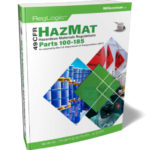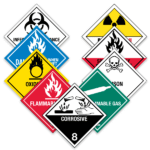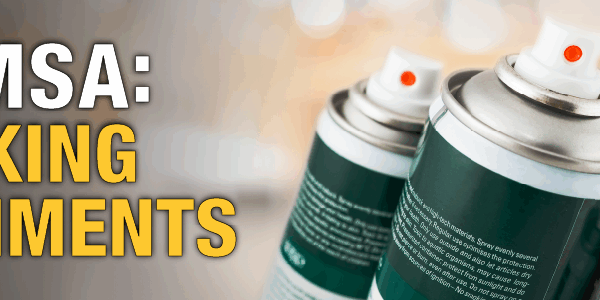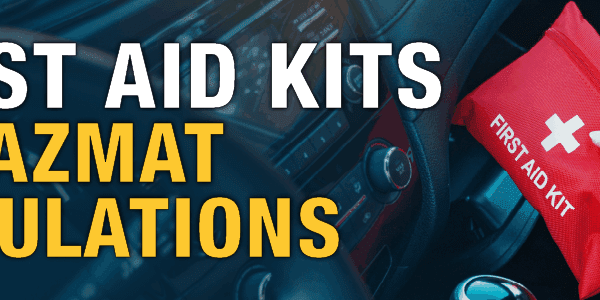PHMSA Publishes Final Rule HM-219D
Public participation in the rulemaking process is essential as it allows stakeholders and the general public to provide feedback and insights that can help shape more effective and inclusive policies. Back in March of 2023, PHMSA was seeking comments to proposed revisions to the Hazardous Materials Regulations (HMR) to update, clarify, improve the safety of, and streamline various regulatory requirements. By seeking comments on these proposed amendments, PHMSA demonstrated its commitment to transparency and accountability in decision-making when it comes to revising the regulations.
If you are passionate about shipping dangerous goods or have valuable insights to share, this was an opportunity to make your voice heard. The comments provided influenced the final outcome of these amendments and will help contribute to creating safer, more efficient, and sustainable transportation of dangerous goods for all. Based on these comments, PHMSA is now publishing its final rule, HM-219D, which amends the Hazardous Material Regulations (HMR) to include these new revisions.
What are The New Amendments?
Specifically, this original request responded to 18 petitions for rulemaking submitted by the regulatory community between May 2018 and October 2020 that requested PHMSA address a variety of provisions including packaging, hazard communication, and the incorporation by reference of certain documents. Based on an assessment of the 18 petitions, two miscellaneous amendments, and the comments received in response to the Notice of Proposed Rulemaking (NPRM), PHMSA is amending the HMR. Some of the revisions to the regulations from this Final Rule are below:
- Allow for appropriate flexibility of packaging options in the transportation of compressed natural gas in cylinders.
- Streamline the approval application process for the repair of certain DOT specification cylinders.
- Provide greater clarity on the filling requirements for certain cylinders used to transport hydrogen and hydrogen mixtures.
- Facilitate international commerce and streamline packaging and hazard communication requirements by harmonizing the HMR with international regulations to allow the shipment of de minimis amounts of poisonous materials.
- Provide greater clarity by requiring a specific marking on cylinders to indicate compliance with certain HMR provisions.
- Streamline hazard communication requirements by allowing appropriate marking exceptions under certain conditions for the transportation of lithium button cell batteries installed in equipment.
- Provide greater flexibility and accuracy in hazard communication by allowing additional descriptions for certain gas mixtures.
- Increase the safe transportation of explosives by updating certain Institute of Makers of Explosives (IME) documents currently incorporated by reference.
- Modify the definition of ‘‘liquid’’ to include the test for determining fluidity (penetrometer test) prescribed in the European Agreement concerning the International Carriage of Dangerous Goods by Road (ADR).
A full list of revisions can be found here.
This Final Rule will go into effect on April 3rd, 2024, with a delayed compliance date of March 4th, 2025. Do you have questions about shipping dangerous goods? Our team of experts is just a call away for our customers at 855.734.5469 or send us an email, we’re happy to help.
Stay up to date and sign up for our newsletter!
We have all the products, services and training you need to ensure your staff is properly trained and informed.
 49 CFR Publications 49 CFR Publications |
 UN Approved UN ApprovedPackaging and Boxes |
 Hazard Class Labels Hazard Class Labels |







 ICC USA
ICC USA ICC Canada
ICC Canada